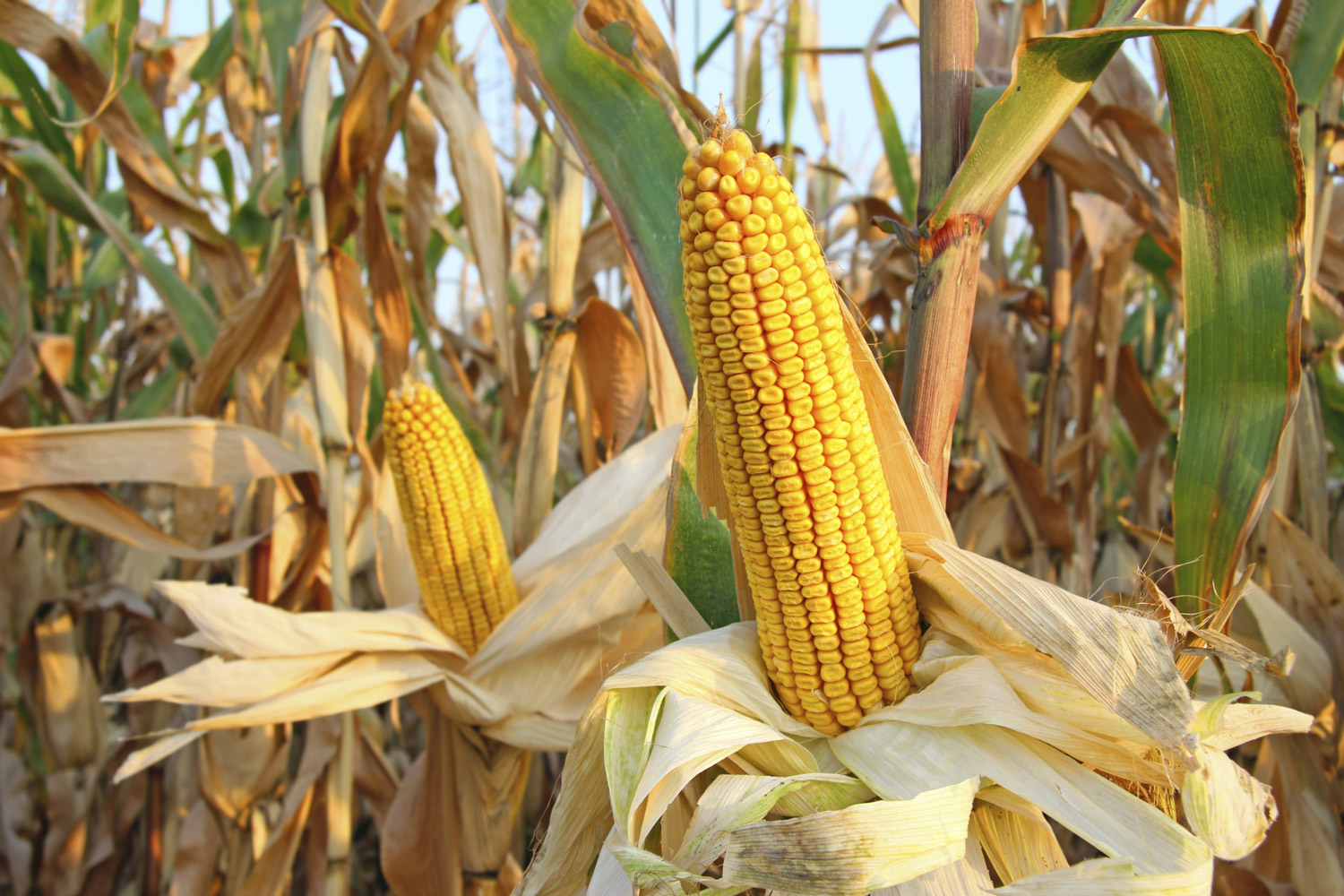Every weekend during the football season, we come across reminders of the stubborn fact that a good defense can keep you in a game for a long time–but that you generally won’t win unless your offense also decides to show up and play.
Something that has concerned me for a long time about the state of the debate over biotech foods is that we supporters of biotechnology often find ourselves on defense. We’re constantly forced to reassure people that it’s perfectly safe to eat and okay for the environment–because we’re always hearing from know-nothings who charge that it’s unhealthy for our bodies and bad for the earth.
In other words, in the game of public perception, “they” are always on offense and in a position to score, and “we” are always on defense and trying to swat the ball away.
But what if we were able to do more than claim that biotech-enhanced foods are as safe for you as conventional varieties–and actually state that they’re better for you? And I’m not talking about the hazy future of biotechnology, at a point when scientists have learned to make food healthier by boosting their vitamins and reducing their cholesterol content. I’m talking about right now.
About a decade ago, Hispanic women in South Texas were found to be giving birth to babies with six times as many neural-tube defects as non-Hispanic women. NTDs are the result of openings in the brain or spinal cord during embryonic development. They result in spina bifida, hydrocephalus, and anencephaly.
For years, nobody understood why this was happening. But now researchers have discovered a link between eating unprocessed corn and NTDs. It turns out that unprocessed corn, which is often ground into tortillas and other foods, contain large amount of a deadly mycotoxin called fumonisin.
Fumonisin enters the food chain when pests chew holes in crops, creating pathways for fungi and molds to do further damage. One particular kind of mold that often infests corn is called Fusarium. Farmers have another name for it: ear rot. Fusarium leaves behind fumonisin, which blocks cells from absorbing folic acid, an essential vitamin. And a lack of folic acid is the leading cause of NTDs.
There’s nothing wrong with consuming trace amounts of fumonisin. But larger doses are positively unhealthy–as we now know from studying those Texas babies suffering from NTDs.
There are a few ways we might combat NTDs. One would be to educate women who eat foods derived from unprocessed corn to increase their folic acid intake. According to one estimate, pregnant women who supplement their diets with folic acid can decrease NTDs by as much as 70 percent.
Another method would be to plant more Bt corn–because corn that has been bred to fend off pests is less likely to suffer from the kind of damage that leads to Fusarium infestation.
So consider this irrefutable fact: If we grow and eat more biotech corn, NTDs will afflict fewer babies.
Put another way, it means that biotech food is not just safe to eat–it’s safer to eat.
Folks, this is how we begin to turn the game around. Like an interception deep in the other team’s territory, we move from defense to offense and have a chance for seven points.
Let the enemies of biotechnology now explain why they oppose biotech food when we have scientific proof showing that its use will reduce birth defects in certain populations.
“Perhaps faced with results like these, government regulators around the world should require farmers to plant Bt corn,” write University of Illinois professor Bruce Chassy and University of Oklahoma professor Drew Kershen in a recent assessment.
I wouldn’t go quite that far. Farmers should retain as much choice as possible in determining what they plant, and consumers should have an equal amount of freedom in choosing what they eat. At the same time, their decisions should be as informed as possible–and they need to know that a diet consisting of biotech-enhanced corn may carry with it important health benefits for pregnant women and their children.
One thing’s for sure: I like playing offense a lot better than defense.

